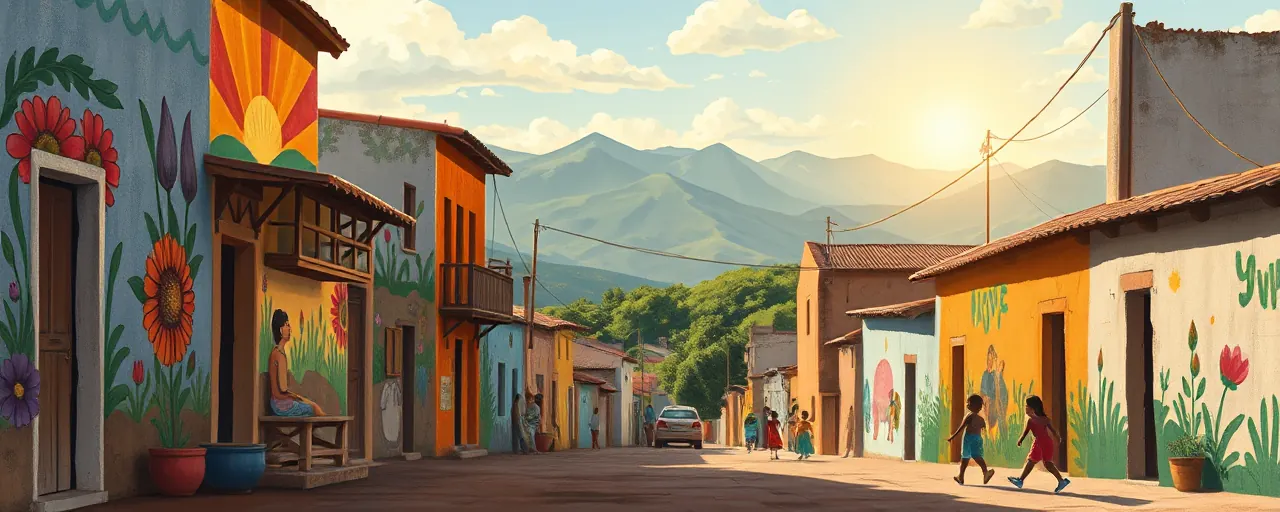A Journey Worth Taking
Next week, Defense Secretary Pete Hegseth will board a plane bound for Panama City, Panama, a trip that carries the weight of a nation’s promise. He’s headed to the Central American Security Conference, a gathering that could redefine how we confront the chaos spilling across borders, from drug cartels to cyber threats. It’s not just a diplomatic photo-op; it’s a bold step toward securing a region that’s too often left to fend for itself against forces that thrive in the shadows.
This isn’t about flexing military muscle or imposing some outdated imperial will. It’s about partnership, about standing shoulder-to-shoulder with nations like Panama, Guatemala, and Honduras, who face down narcotraffickers and organized crime with grit and determination. Hegseth’s itinerary, including a stop at Eglin Air Force Base to meet the 7th Special Forces Group, signals a commitment to the people who make this work real, the soldiers training allies and building bridges where others see only division.
For too long, Central America has been a footnote in our foreign policy, a place we notice only when crisis erupts. But this trip, this moment, offers a chance to rewrite that story. It’s a chance to invest in stability, to protect the vulnerable, and to ensure that the Western Hemisphere remains a bastion of freedom against the tides of lawlessness.
The Power of Partnership
The 7th Special Forces Group isn’t just a name on a roster; it’s a lifeline for nations battling chaos. Take their recent mission in Mexico, where 11 Green Berets trained the Mexican Marine Infantry from February to March 2025. They didn’t parachute in with guns blazing. They taught skills, shared strategies, and left behind a stronger force to tackle drug lords and traffickers. This is what real security looks like, not occupation, but empowerment.
In Panama, the stakes are just as high. The Panama Canal, a marvel of human ingenuity, remains a choke point for global trade and a target for those who’d exploit it. Joint efforts with U.S. forces have already seized over 80 tons of drugs in 2024 alone, a testament to what happens when we work together. Add in cybersecurity collaborations and biometric systems in the Darién jungle, and you’ve got a blueprint for progress that doesn’t just defend borders, it defends lives.
Critics might scoff, claiming this is all a waste of taxpayer dollars, a relic of Cold War thinking. They’re wrong. The threats today, narcotrafficking, illegal migration, cybercrime, aren’t ghosts of the past; they’re living, breathing challenges that hit home in American cities. Ignoring Central America doesn’t make them vanish; it lets them fester. Investing in our neighbors isn’t charity, it’s survival.
Look at Guatemala, where $24 million in U.S. equipment has bolstered anti-drug operations, or Belize, now flying a Cessna Grand Caravan EX to patrol its waters. These aren’t handouts; they’re tools for self-reliance. The CENTSEC conference next week will build on this, weaving a network of nations ready to stand united against shared enemies. That’s not domination, that’s democracy in action.
Sure, some will argue we’re overstepping, meddling where we don’t belong. They’ll point to Honduras, where leaders have grumbled about U.S. immigration policies, as proof we’re alienating allies. But tensions don’t erase the need for cooperation. Soto Cano Airbase still hums with disaster relief and counter-narcotics missions, proving that even imperfect partnerships can deliver results.
A Legacy Reclaimed
This isn’t new territory for the U.S. Back in the 1980s, the 7th Special Forces Group trained Salvadoran forces to hold the line against civil war, and in Panama, they helped topple Noriega in 1989, restoring a fragile democracy. That history isn’t flawless, tangled as it is with Cold War baggage, but it shows what’s possible when we commit to the fight for stability.
Today’s mission echoes that legacy, refined for a world where the enemy isn’t a single ideology but a web of criminal networks. The Torrijos-Carter Treaties handed the Panama Canal back in 1999, a move that could’ve weakened ties. Instead, it laid the groundwork for a partnership of equals, one that’s borne fruit in exercises like PANAMAX Alpha and Operation Mercury, delivering aid to the underserved.
Hegseth’s trip isn’t just about the present; it’s about reclaiming a vision where the U.S. leads by lifting others up. It’s about proving that security isn’t a zero-sum game, that a stronger Panama or Honduras doesn’t diminish us but fortifies us all.
The Fight We Can’t Afford to Lose
Central America’s future hangs in the balance, and so does ours. Every ton of drugs stopped, every trafficker caught, every cyberattack thwarted ripples back to our streets, our schools, our homes. Hegseth’s journey to Panama and Eglin AFB isn’t a bureaucratic errand; it’s a declaration that we won’t abandon our neighbors to the wolves.
We’ve got a choice: double down on these alliances, or watch the region slide into chaos that no wall, no policy, can hold back. The evidence is clear, from the 80 tons of seized cocaine to the Green Berets training Mexico’s finest. This is how we build a safer world, not with isolation, but with courage, connection, and a relentless belief in what’s right.
